Reflecting on Memorial Day
05/26/2015 11:30:36 AM
As I write this blog over the Memorial Day weekend I am struck by how different our observance is compared to Israel’s.
We were in Tel Aviv for Yom Hazikaron/Memorial Day this year and, unlike in the States, there are no Memorial Day sales in Israel, nor does it signal the first long weekend/party of the summer. Rather, it is a day of personal and collective mourning for those lost in the various wars Israel has fought as well as those murdered by terrorist attacks. There are many private memorials on that day; families gather in cemeteries all over the country in a collective act of mourning and memory. There are a number of large, public commemorations as well.
We were in Rabin Square for Yom Hazikaron, standing with thousands of Israelis of all ages to hear the stories of those recently killed—we watched as the surviving family members were interviewed and broadcast on huge video screens on the sides of the stage—and to remember all those others who have given their lives so that the State of Israel may live. I cried through the whole thing. We were all amazed at how reverent this huge crowd with so many young people was for the two hours we were there. In addition to all the memorials held on Yom Hazikaron, a siren sounds twice across the whole country, once at 8PM the evening of the commemoration and again at 11AM the next morning. The siren is heard all over the country and lasts for one full minute, during which Israelis stop everything (including driving, which stops highways) and stand in utter silence, commemorating the fallen and showing respect.
The contrast between the way we “celebrate” Memorial Day with sales and parties and the way Israel commemorates Yom Hazikaron begs the question: why? What underlying cultural differences result in such different responses to the same phenomenon, the same loss? What comes to mind for me is the fact that while our army is mostly invisible to us, Israel has a citizen’s army; almost everyone serves and rare is the family who has not been touched by the dark hand of death either through armed conflict or terrorist attack. We can party and feed our lust for stuff on Memorial Day because most of us don’t know anyone in the army let alone anyone killed or wounded in service to our country. The anonymity of our armed forces not only allows us to “celebrate” Memorial Day, it also makes it a lot easier for us to send them to places like Iraq and Afghanistan. Would we be in either country if we had a citizen’s army like Israel does? Would you send your son, your daughter there? A few folks in the congregation have made the sacrifice and of course we have Cantor David, who served as a Chaplain all over the Middle East and is now in the Reserves. Kol hakavod/All honor to you! But rare is the exception, especially in the Jewish community. Much more common is a disconnect between our soldiers and us; we don’t see them, know them, or really care much about their welfare. (How else can you explain the deplorable care many vets receive when they come home?)
The Talmud teaches that “no one’s blood is redder than anyone else’s.” Israeli soldiers are no dearer than American soldiers. Both deserve to be remembered and honored, cared for both while they fight for us and certainly when they come home. But even more important, whether Israeli or American, we owe it to every solider to contemplate our reasons for sending him or her to war, and to be absolutely certain that our reasons are worthy of the sacrifice we ask of them.
Zchronam L’bracha/May they all be remembered for a blessing….

